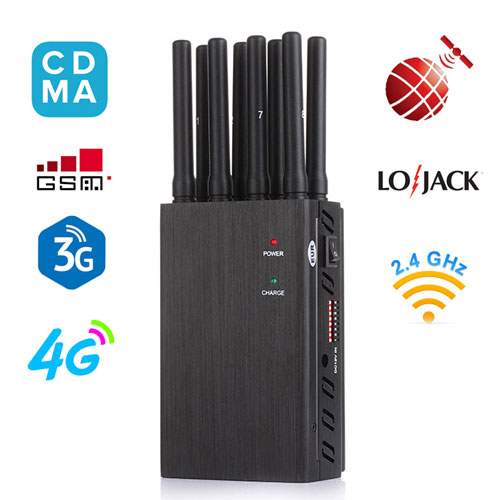We hear a lot of complaints every day, that privacy is broken and nothing we do can be hidden from other people and various spy organizations, like the NSA. That’s why at www.jammer-mart.com we decided to give you a couple of tips on how you can protect your privacy with various interference devices without harming other people. First of all, we would like you to remember that the signal jammer is a weapon and that it can do bad things in the wrong hands, so be careful with them.
We’ll win with the most dangerous device, which can be used for tracking, eavesdropping, that gathers tons of your specific data such as login / passwords, emails and the people you know – your smartphone. It doesn’t matter who the manufacturer is and what mobile operating system they are running – modern smartphones are dangerous. And the main reason for this is the fact that a device has all the data about you. Your personal information, your current coordinates, your friends, etc.
That is why hackers are trying to find new ways to enter it and if Spiegel’s reports are true, secret services, like the NSA, are also spying on your smartphone. It is the simplest and cheapest way to get a lot of data really fast. And the most dangerous thing here is the fact that you can’t do anything about it. There is no such antivirus, or firewall, or encryption method that can protect your data without killing the gadget’s functionality.
Also, all of those encryption procedures are quite complicated, so most people just won’t mess with that. There are two decent options that can hide your information. The first is the GSM and cell phone jammer, which will hide it for a short time, but you will not be able to make or receive calls. And the second: avoid storing private and valuable data on your portable device, smartphone or tablet. Both will cut off the functionality of your device, but will surely prevent data breaches.
The second thing you should be concerned about is wireless networks. They are not trustworthy and hackers use that fact. Most smartphone users are connecting free Wi-Fi hotspots in public places and using them not only to surf the web, but also to install updates and process their mobile banking information. Which is quite dangerous, especially for Android users, because the Android operating system is using a weak version of SSL encryption with the RC4 algorithm, instead of SHA1.
Many people are voluntarily putting their private information at risk. They share it through social networks, with their smartphones and transmit it through the Internet with non-encrypted protocols. That is why we always tell readers that the security of their private information is their concern, and no one will be able to protect it, if they do not do it for something. Protect your information, it’s easy, but it may even save your life someday!
